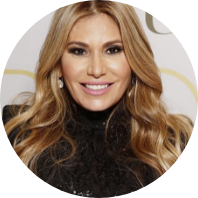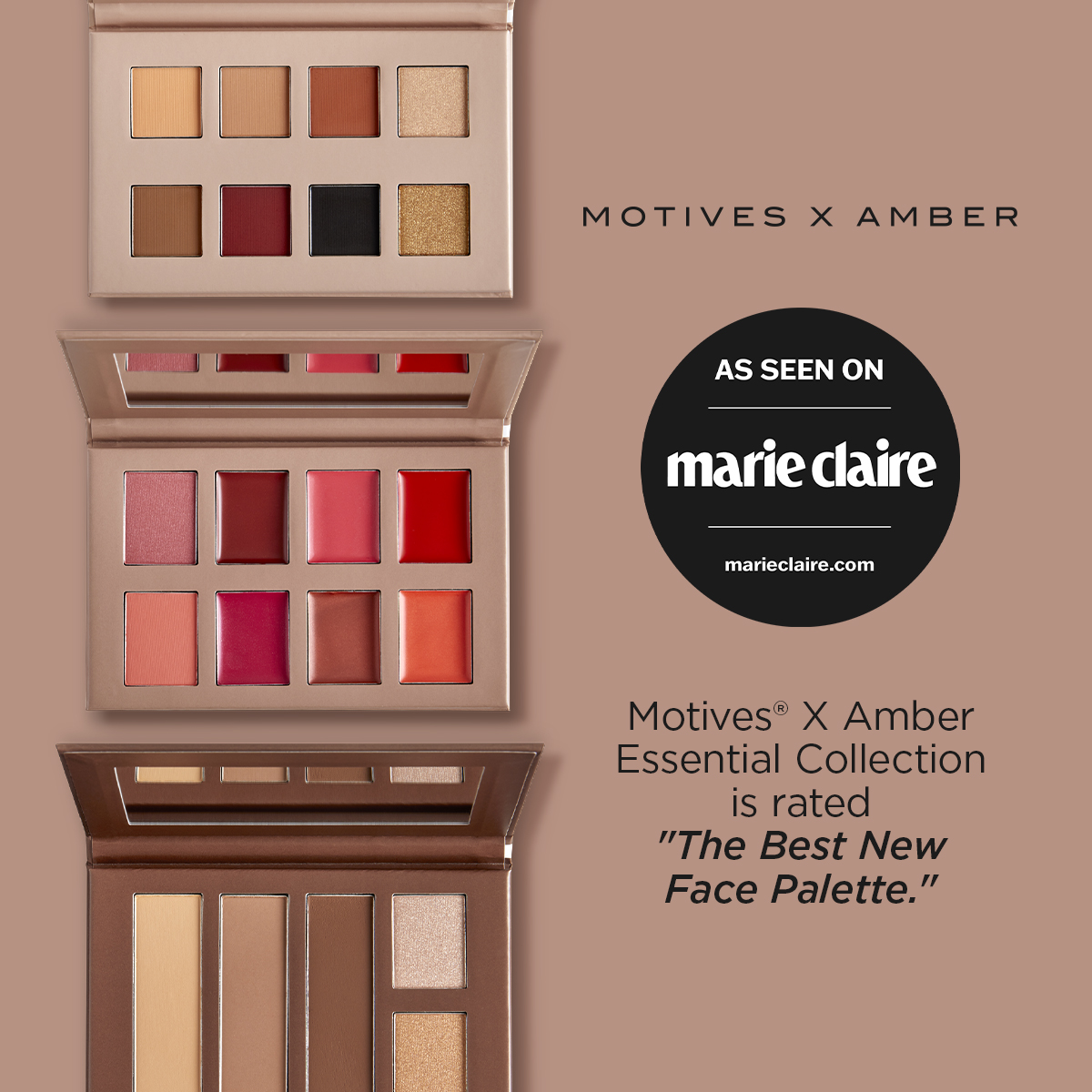Earlier this month, we had the privilege of meeting the remarkable Donna Karan during a personal appearance at Neiman Marcus in Miami. The philanthropically driven designer shared with us her inspirations, branding advice, and her crusade to change our country’s healthcare system.
How involved are you with DKNY and your other brands these days?
You know, it’s wonderful. I oversee, and I have an amazing design team I work with. I’m definitively involved with all the collections that go down the runway. I still drape and design. But as for day-to-day, I go in, choose colors and fabrics, and give some direction. Once the designers work on it, I’ll come in for the fittings. We’ll put the shows together, pick
accessories, etc. I also work with the advertising and mood for that. But a lot of my time is spent with Urban Zen.
Your inspiration for a long time was New York City, what inspires you now?
I think the inspiration is basically as a woman for a woman…what it’s like to be a woman, and understanding the complicated lives we live. It’s about dressing women for the chaotic life we live today. How do you make something you can get up in the morning with and go non-stop—things that go from day into evening, and clothes that really accent the good part of your body. It’s really about having a vision and understanding the life of a woman.
Tell us about your Spring 2011 collection?
Particularly, it’s a romantic collection. There’s sort of a seductiveness, but gentleness. It’s very inspired by nature. I live on the beach, so come spring/summer, I’m very inspired by the sand, the rocks, and the atmosphere. Nature is always what I’m inspired by, what I’m looking at, and what is reflecting back on me.
Your organization Urban Zen has been doing some amazing things for our world. Would you mind telling us a little bit more?
Urban Zen is an organization, which started at my husband’s studio. He was an artist; he had lung caner. I was always philanthropically driven. I knew it wasn’t all about dressing people on the outside, but really understanding what was going on in the inside. And in a world of chaos, how do you find the calm? I’ve always lived a dual life. As a yogi—someone whose been studying since I was 18 years old—I always came to things from a certain place. And I needed a place where I could bring people together who could help bring mind, body, and spirit into healthcare education, while preserving all the cultures around the world. I realized that this was a major call for me. As I was going through the hospital with Steven [my husband], I could see what was missing. As you know, the food is an atrocity. No one is taking care of the patient; they’re only taking care of the disease.
We understand cancer has greatly affected your life. Can you tell us about your experience?
I wouldn’t be who I am today without knowing cancer. Well, my boss, Anne Klein, died of cancer. And my daughter was born the same week. So there I was in a parallel situation where I had a death on one side, the birth of a collection and my daughter on the other. I wasn’t sure how to handle this whole thing. I was so young that I just got plunged into it. But I realized, really, what the totality of life was all about. And I felt there was a major missing link. I realized that people were not dealing with the healthcare system and the educational system was really broken. And I feel like in the world that we’re living in today, everything is moving at such rapid a pace that we’re forgetting the cultures, and the wisdom of the cultures.
We hear you’re developing products in Bali. What’s your relationship there?
I’ve been very involved in Bali, and developing products for Bali. I realized that is a perfect model that can translate for any developing world. Where creativity, the spirit of the country, all come from who they are. There’s not somebody inducing their systems. What’s most important for them is to say, “Let’s celebrate who you are.”
What advice would you give to someone starting their own brand?
Understand your true self. Know who you are and where your soul is. Never say, “Oh, I want to be like that.” Those people can be your mentors to you, but it has to resonate.
How hard has it been to try to educate people from our healthcare systems about new ways of healing?
We try to find like-minded people. But this is a major movement. It’s happening. People are talking about it on every level. People are talking about healthy food; about what’s wrong in education; etc. Now the doctors are coming to me and saying that they’ve realized the consumer is asking for it. And everything is driven by the consumer.





